Nigerian President Bola Tinubu has advocated return to democracy in neighboring Niger Republic, drawing parallels with his own country’s historical transition in the late 1990s.
This proposal comes amid escalating tensions in the West African region following the recent coup in Niger, which led to the ousting of President Mohamed Bazoum.
Join our WhatsApp ChannelThe Economic Community of West African States (ECOWAS) has responded to the coup by imposing sanctions on Niger and issuing threats of military intervention should diplomatic negotiations fail to reinstate civilian rule.
In a stern statement released on Thursday, ECOWAS called for the immediate restoration of constitutional order, emphasizing the importance of returning President Bazoum to power. “The military authorities in Niger must restore constitutional order immediately by liberating and reinstating President Mohamed Bazoum,” the bloc demanded.
READ ALSO: Gabon Coup: World Leaders, International Bodies React to Military Coup in Gabon
Niger’s new military leadership has resisted these demands, instead advocating a maximum three-year transition period to restore constitutional order. In a further sign of strained relations, they ordered the expulsion of France’s envoy, exacerbating tensions with a crucial partner in Niger’s fight against insurgency.
On Thursday, Niger’s Interior Ministry took another drastic step by halting the operations of UN agencies, non-governmental organisations (NGOs), and international organisations in military “operation zones.” Although the ministry did not specify which regions were affected, it cited the “current security situation” as the reason for the suspension.
President Tinubu, who played a pivotal role in Nigeria’s return to civilian rule in 1999, has proposed that a similar transition period could be implemented in Niger if the military authorities show sincerity in their commitment to democracy.
“The president sees no reason why such cannot be replicated in Niger if Niger’s military authorities are sincere,” stated the Nigerian presidency in a released statement.
Despite efforts to mediate and find a peaceful resolution to the crisis, Algeria, Niger’s influential northern neighbor, has proposed a six-month transition period. However, President Tinubu’s statement makes it clear that ECOWAS sanctions will persist until “positive adjustments” are made by the Nigerien regime.
He said: “The soldiers’ action is unacceptable. The earlier they make positive adjustments, the quicker we will dial back the sanctions to alleviate the sufferings we are seeing in Niger.”
The situation in Niger has raised concerns throughout West Africa, with Mali, Guinea, and Burkina Faso already experiencing military takeovers since 2020. These developments have sparked fears of a regional contagion, particularly highlighted by a recent military rebellion in Gabon, which aimed to overthrow President Ali Bongo shortly after a disputed election victory.
In addition to the internal and regional challenges, Niger’s new military rulers have engaged in a diplomatic battle with France. They revoked the diplomatic immunity of France’s ambassador and ordered his expulsion, prompting a stern response from Paris.
France, which maintains approximately 1,500 troops in Niger to combat Jihadist insurgency, refused to comply with the expulsion order, asserting that the military rulers lacked the legal authority to issue such a directive.
French military spokesman Colonel Pierre Gaudilliere issued a warning, stating, “The French military forces are ready to respond to any upturn in tension that could harm French diplomatic and military premises in Niger.” The standoff between Niger and France adds another layer of complexity to an already volatile situation in the region.
Emmanuel Ochayi is a journalist. He is a graduate of the University of Lagos, School of first choice and the nations pride. Emmanuel is keen on exploring writing angles in different areas, including Business, climate change, politics, Education, and others.


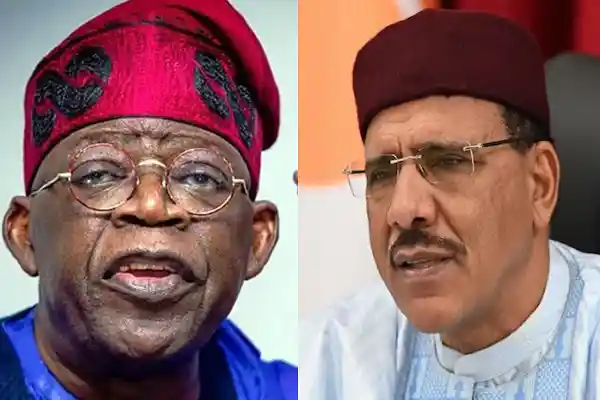

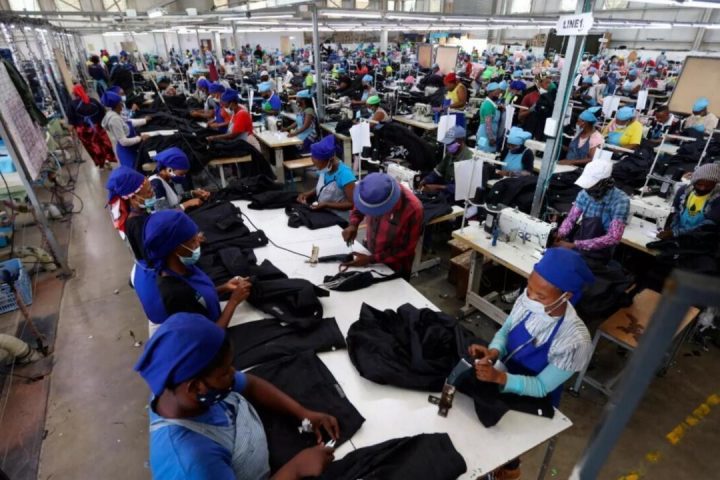
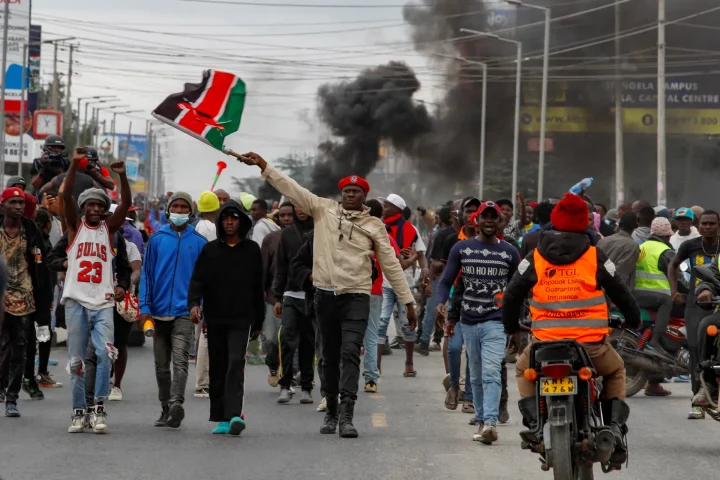
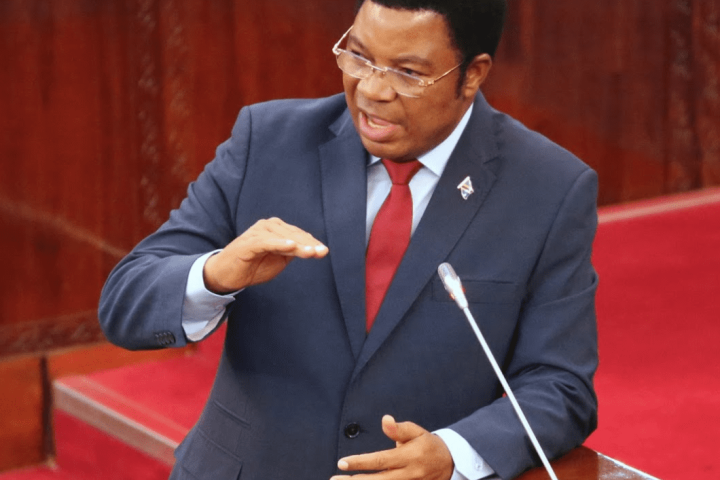






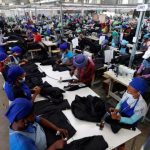

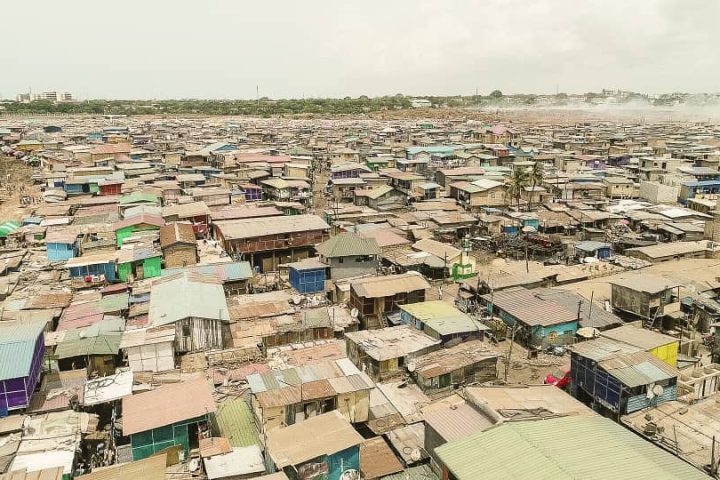

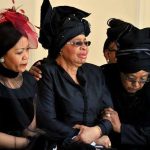
Follow Us